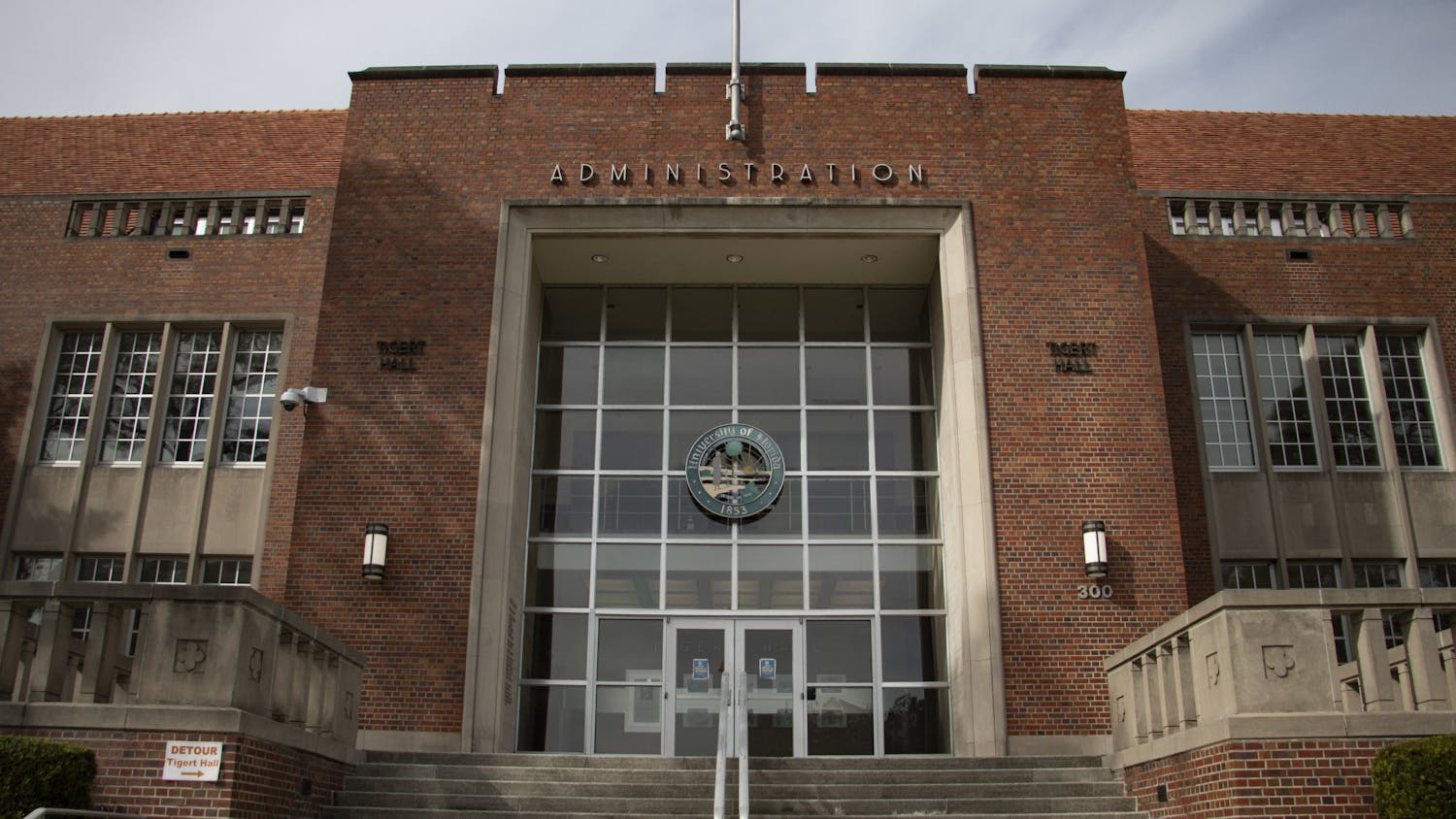Can you imagine if UF’s leaders cared about equity as much as they cared about rankings?
I don’t ask this question to be snarky. I do so out of a genuine interest in improving conditions at UF — an institution where I have spent the past five years of my life as a graduate student.
Recently, UF has been celebrating the renewal of its top-five public university ranking. But last month, U.S. Secretary of Education, Miguel Cardona, called college rankings “a joke.” He pointed out they encourage colleges to compete for prestige when they should be working toward equity.
When you think about it, public four-year colleges and universities utilize selective practices in deciding which students to admit each year. Elite colleges are praised with high rankings for doing so, when the vast majority of their students graduate on time, get jobs and give back to the university.
This perpetuates a vicious cycle centered around hoarding money, prestige and resources at elite schools and among an elite class in society. If we could dare to imagine a public education system that cared more about the wellbeing of all students than hierarchical rankings and prestige, we would be looking at a very different picture.
Instead of looking to the top-ranking elite schools as educational models, we should be looking to the most successful community colleges and under-resourced institutions. Most community colleges are required to admit all local students who apply. Graduation and retention rates at our community colleges are a more accurate picture of the state of public higher education.
We should look to these institutions to see how they find ways to best serve all students who apply. We have a lot to learn from under-resourced colleges and universities that operate on shoestring budgets, while still providing students with quality experiences.
I struggle to understand how UF’s leaders can continue to parade this year’s top-five ranking given the issues that have emerged recently. This ranking comes at a time when both state legislation and decisions made by the university’s board of governors have made it increasingly difficult for students to have honest conversations about topics like racial and gender equity.
Education is supposedly the great equalizer, yet education has never been equitable. Whether we consider gender, race, class or ability, educational advocates are constantly battling for the protection of their basic rights in American schools. All one has to do is look at the current school choice controversies to see that people’s faith in the public education system is at a low.
To save public education, we must facilitate open conversations. We need to create a system that recognizes student, teacher and parent agency without favoring one over the other. By funneling the passion of each of these groups into school improvements, we can imagine new solutions to persistent problems.
Instead, legislators and university administrators are exacerbating tensions between these parties. In K-12 schools, legislators are turning parents against teachers, encouraging them to censure content and report teachers who bring in outside materials, limiting teacher innovation and agency.
At the university level, similar approaches have been taken, turning students against faculty both during the pandemic and now, through the enactment of House Bill 7 and its student complaint process.
These actions are claimed to have been taken in the name of accountability. In actuality, they create an environment of mistrust and surveillance, which prevents genuine relationships or conversations from occurring in a classroom. They also create additional stress for the most vulnerable faculty members, including graduate students and untenured faculty.
These are just a couple of examples of the hostile climate that has contributed to an exodus of students and faculty of color at UF over the past few years. From the Spring to Fall semester of this year, I’ve learned of five professors of color who have decided to leave UF, and more who are looking for other jobs.
One ranking UF’s leaders don’t like to discuss is the university’s 2018 grade from the USC Race and Equity Center’s Black Student Report Card. UF received an F in representation equity. Notably, Black student enrollment has dropped considerably as UF’s overall ranking from U.S. News has increased.
If I were applying for my doctoral program today, I would have little interest in an institution that boasts an elite ranking while ignoring — and even exacerbating — its low Black student and faculty recruitment and retention rates.
Instead of feeling excited that I will be graduating in the Spring with a doctoral degree from a top five public school, I feel conflicted that I will be graduating with an education degree from an institution that is perpetuating educational and societal inequities.
-Erika Davis, PhD candidate in Curriculum and Instruction at UF






